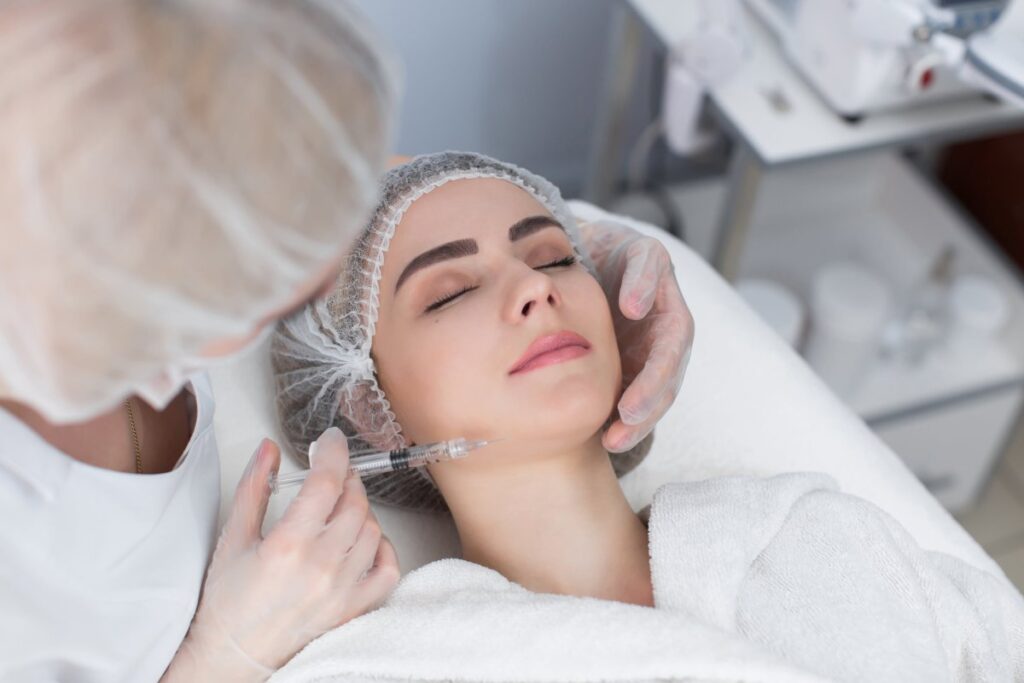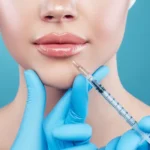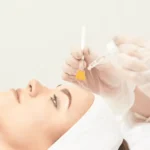THE WHAT Supply chain disruption prompted by pandemic shutdowns has persisted throughout 2021 and only those able to think on their feet and come up with workarounds can thrive in this environment. Investment in local sourcing, safeguarding raw materials supply, local manufacturing hubs, a flexible approach to logistics and the ability to generate power on site have all been crucial for success in the past 12 months.
THE DETAILS Indeed, while consumers have been seeking out clean beauty in order to avoid ‘unsafe’ ingredients, the less is more trend is also a neat workaround for manufacturers looking to bypass shortages. You only have to look at the investment pouring into the sector to know that this movement is no passing ship. Merit has raised US$20 million in a series A funding round, Highlander has acquired RMS, and Strand Equity and Beechwood Capital have purchased a minority stake in iNNBeauty.
That said, the clean beauty movement would do well to focus on the environmental benefits of formula minimalism (after all, less unnecessary ingredients means less pollution both in the production phase and post use) over a pseudo scientific, scaremongering approach that paints chemicals as ‘bad’. After all, demonizing certain ingredients leaves brands open to backlash when those elements are found to be harmless.
Even outside of the clean beauty camp, manufacturers have been busy Investing in local production Procter & Gamble piled US$5.8 million dollars into its Argentinian hub while Unilever is upping its spend in Mexico, Shiseido has commenced operations at its Osaka base and Beiersdorf has announced a new plant for Central Europe.
Local production, of course, has the advantage of circumventing the congested ports that have left several shelves empty this year. Some manufacturers and retailers have gone to extreme lengths to receive goods on time, with European firms turning to road freight to avoid ports while the likes of Target and Walmart have resorted to chartering their own ships.
Indeed, supply chain security has become a real priority. From Chanel buying up the jasmine fields that produce the key ingredient in No. 5 to P&G partnering with SIL Group and Ugee Chemicals to shore up supplies in Nigeria, there’s been a real shift from global to local. Indeed, with palm oil not only continuing to be mired in controversy but also supplies under threat as the Indonesian government mulls halting exports, the most resilient manufacturers will be exploring alternatives – although we’ve seen little evidence of this to date, the focus has very much been on sustainable sourcing.
And while we’re on the subject of future proofing, those who invested in green energy early on for environmental reasons, are very much reaping the benefits in this era of energy shortages and outages.
THE WHY Shortages of raw materials and finished products have persisted since the early days of the pandemic when the world ground to a halt, exacerbated this year by high consumer demand, labor shortages and a lack of investment in infrastructure. Resilient manufacturers have managed to overcome these difficulties by thinking on their feet, investing in local manufacturing solutions and novel routes to shift goods from A to B. Global is so 2019.
Aesthetic injectable companies refer to businesses or companies that specialize in manufacturing, distributing, or providing aesthetic injectable products and services. These companies focus on developing and supplying injectable substances used for cosmetic purposes, typically administered by qualified medical professionals. Aesthetic injectable companies play a crucial role in the field of aesthetic medicine and cosmetic dermatology by offering a variety of injectable products designed to enhance facial features, reduce wrinkles, and improve overall skin appearance.
Key aspects of aesthetic injectable companies include:
-
Product Development: These companies research, develop, and manufacture aesthetic injectables such as dermal fillers, botulinum toxins (e.g., Botox), collagen stimulators, and other specialized formulations. They often innovate new products to meet evolving market demands and technological advancements.
-
Distribution and Sales: Aesthetic injectable companies distribute their products through authorized channels, including healthcare providers, medical spas, and aesthetic clinics. They may also sell directly to licensed professionals who administer these treatments.
-
Regulatory Compliance: Due to the medical nature of their products, aesthetic injectable companies adhere to strict regulatory guidelines and obtain necessary approvals from health authorities (e.g., FDA in the United States) to ensure safety, efficacy, and quality standards.
-
Training and Support: Many companies provide training and educational support to healthcare professionals on the proper use, administration techniques, and safety protocols associated with their injectable products. This ensures that practitioners can deliver treatments effectively and safely.
-
Customer Support: Aesthetic injectable companies offer customer support services to healthcare providers and consumers, addressing inquiries, providing product information, and assisting with product usage and troubleshooting.





